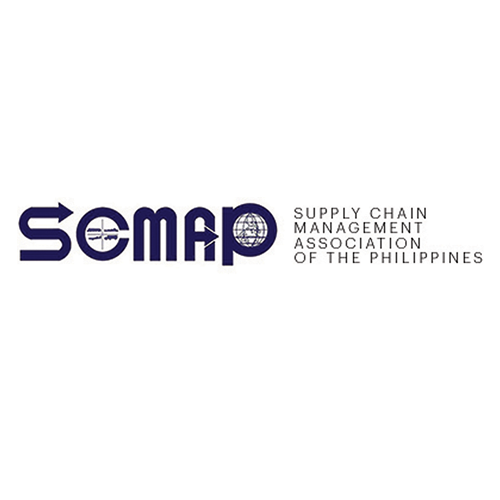The moment I sent my last column to the PortCalls team, news broke of the US and UK staging air strikes on Houthi rebels in Yemen. This was in response to attacks on commercial cargo vessels plying the Red Sea, a key international shipping route, and the need to protect free passage of goods throughout the region.
The attacks, which have continued in the last couple of weeks, are threatening to further escalate the crisis in the Middle East, after Israel’s continued attacks on Hamas forces in the Gaza strip and rising deaths, particularly among Palestinian civilians. The Houthi rebels, remember, are saying their attacks are a response to that conflict, and they vowed to stop if a ceasefire is put in place.
But as the global response to the conflict continues to shift, the potential disruption to global trade continues to loom. At the very least, there is the impact on oil prices, and the resulting impact on transport and logistics costs. The attacks on the Red Sea are also driving costs high as ships either take longer routes to avoid danger, or suspend service in the region altogether. If more players in the region are pulled into a conflict, then there will be further disruption in the cards. It’s a definite worry for the Philippines, a country that is reliant on imports for both finished goods and raw materials.
Of course, there’s another geopolitical worry right in our yard. While the Philippine government is doing its best to keep increased tensions in the West Philippine Sea under control, nobody can tell what might happen. While local attention is (rightly) on the fate of local fisherfolk being driven away by Chinese ships, events to our north could dictate where the balance falls. In Taiwan, the pro-independence Democratic Progressive Party won the presidential elections held a few weeks ago (although it lost its majority in the legislature) despite warnings from Beijing against voting for a “separatist”. China, of course, maintains that Taiwan is one of its provinces rather than an independent country; it has reacted to the victory by reiterating that “reunification” will still happen.
If a conflict between both sides breaks out, expect the region to be a more disruptive geopolitical flashpoint, and one possibly broader, considering the region’s role in several important value chains, such as semiconductors. The question for the Philippines is not if we will be caught up, but how caught up we will be. Not to scare you or anything, but it’s possible that a confrontation in Taiwan could be accompanied by a confrontation in contested islands in our territory.
We’ve yet to finish the first month of 2024, and already we’ve had to confront even more disruptions. Sure, it’s not on the scale of the pandemic – at least when it comes to how unprecedented it is – but it will test our supply chains’ mettle and impact our ability to competitively serve our customers, shareholders and partners. We’ve all asked the questions. How ready are we? Do we have the right plans in place? Do we have the right technology in place?
If there’s one takeaway we ought to have made after the height of COVID-19, it’s that we should always have these continuity plans in place, and that we should constantly revisit them – not just to adapt to what might happen, but to take into consideration the tools we do have now. Surely the discussion on emerging technologies such as generative AI will at one point pivot into something more productive – particularly, how can we utilize them to improve our supply chains’ output. How can these tools make us more responsive to situations both foreseen and unforeseen? How can these complement improved collaboration among different departments and enhanced processes on the manufacturing and customer service sides?
As businesses, we don’t exactly have the power to move foreign policy in one direction – and yes, I know how naive that sounds, but stick with me – but the best we can do is to make sure we are ready for whatever disruptions may be coming our way. In 2024, I feel this would be a recurring theme. Remember, fighting between Russia and Ukraine is still ongoing. North Korea is still testing missiles. There are many other potential flashpoints we may not be aware of yet. None of these events will be completely isolated from the others; we cannot be completely insulated from its effects. We should be ready.
2024 Supply Chain Outlook: Join us for our very first event of the year as we look ahead to the issues that will impact our supply chains. We hope to see you on February 22, 2pm, at the Symphony ballroom of the Westin Manila in Mandaluyong City. Register now by visiting scmap.org.
Looking Ahead 2024: SCMAP supports the upcoming forum organized by Leverage International (Consultants) Inc., happening on March 8 at the New World Makati Hotel. Our president Dennis Llovido is among the speakers. Learn more by visiting lookingahead.leverageinternational.com.
Henrik Batallones is the marketing and communications director of SCMAP, and editor-in-chief of its official publication, Supply Chain Philippines. More information about SCMAP is available at scmap.org.
PREVIOUS COLUMN: Here We Go Again





